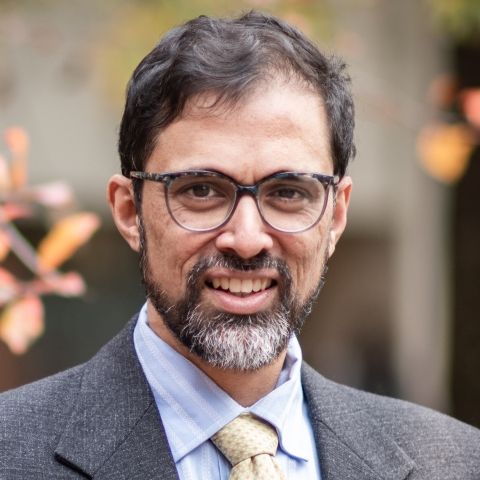Article I, Section 4 of the U.S. Constitution vests the regulation of congressional elections in “each State by the Legislature thereof.” In Arizona State Legislature v. Arizona Independent Redistricting Commission, 135 S.Ct. 2652 (2015), the Supreme Court held that the Constitution’s Elections Clause does not refer solely to an institution, distinct from the people, with the power to make laws — what common sense typically might consider a “Legislature.” Instead, the Court concluded that the Framers used “Legislature” to refer to any entity authorized to make laws, such as the people through popular initiative.
We argue that the Court has misread the text, structure, and history of the Elections Clause. A “Legislature” is an entity that makes law. But not every entity that makes laws is a legislature. When a dictator makes laws unilaterally, he or she is not a legislature. Similarly, when the people make laws, be they statutes or constitutions, they are not a legislature. Given the Clause’s actual wording, moreover, the Court should have read Article I, Section 4 to give effect not only to “State” but to “Legislature” as well. A commonly accepted rule of interpretation strongly suggests that every word in the Constitution be given meaning. Reading “Legislature” to refer only to state assemblies, and not to the peoples of the states, more cleanly fits within the structure of Article I, Section 4. It also makes better sense of the use of the word “Legislature” in other parts of the Constitution. Reading the Elections Clause as empowering only state assemblies comports best with the surrounding history of the Framing and Ratification of the Constitution.
Citation
Saikrishna Prakash & John Yoo, People ≠ Legislature, 39 Harvard Journal of Law & Public Policy, 341–370 (2016).
